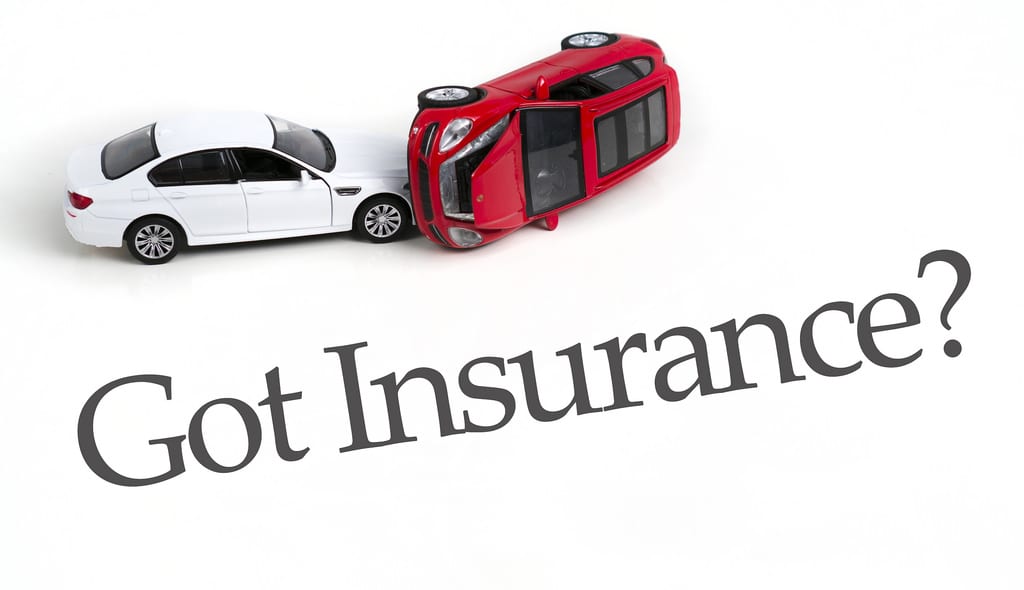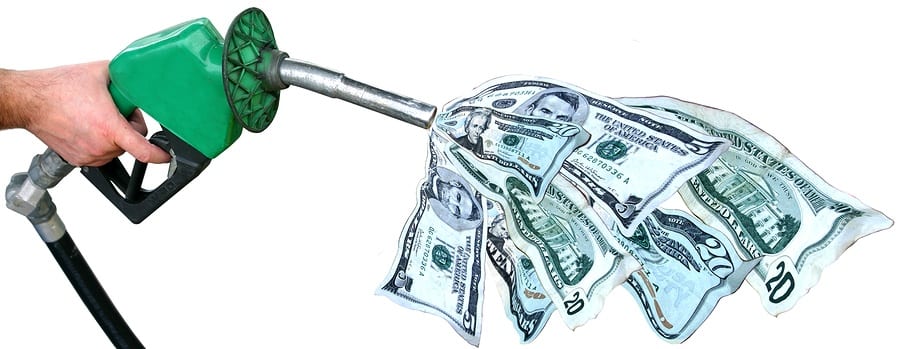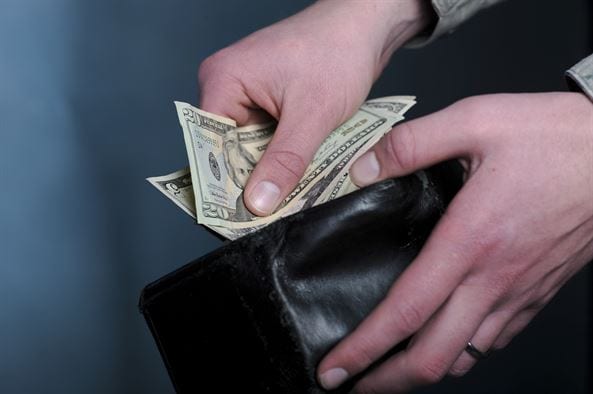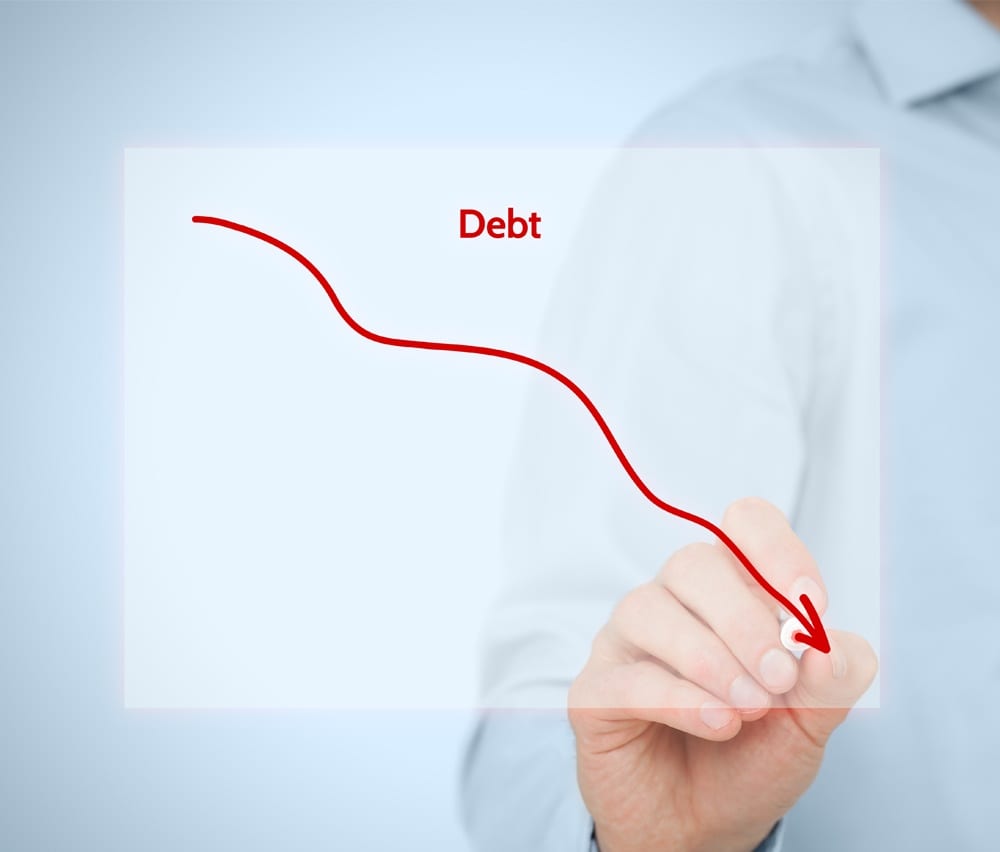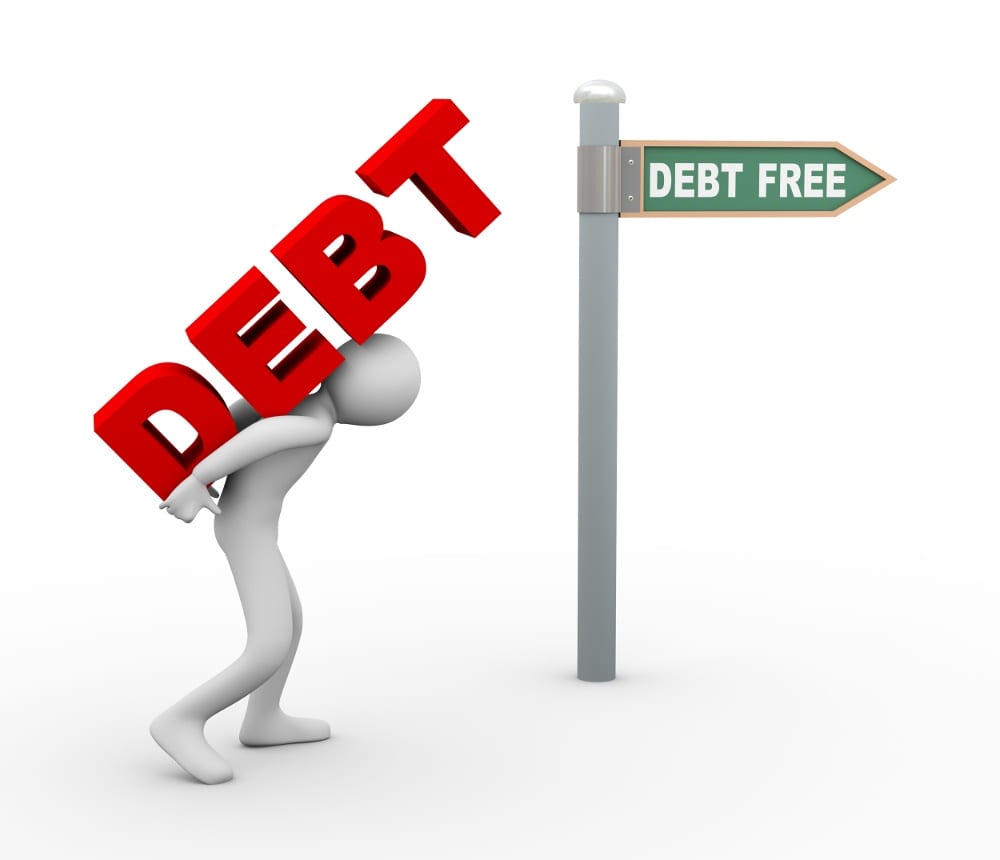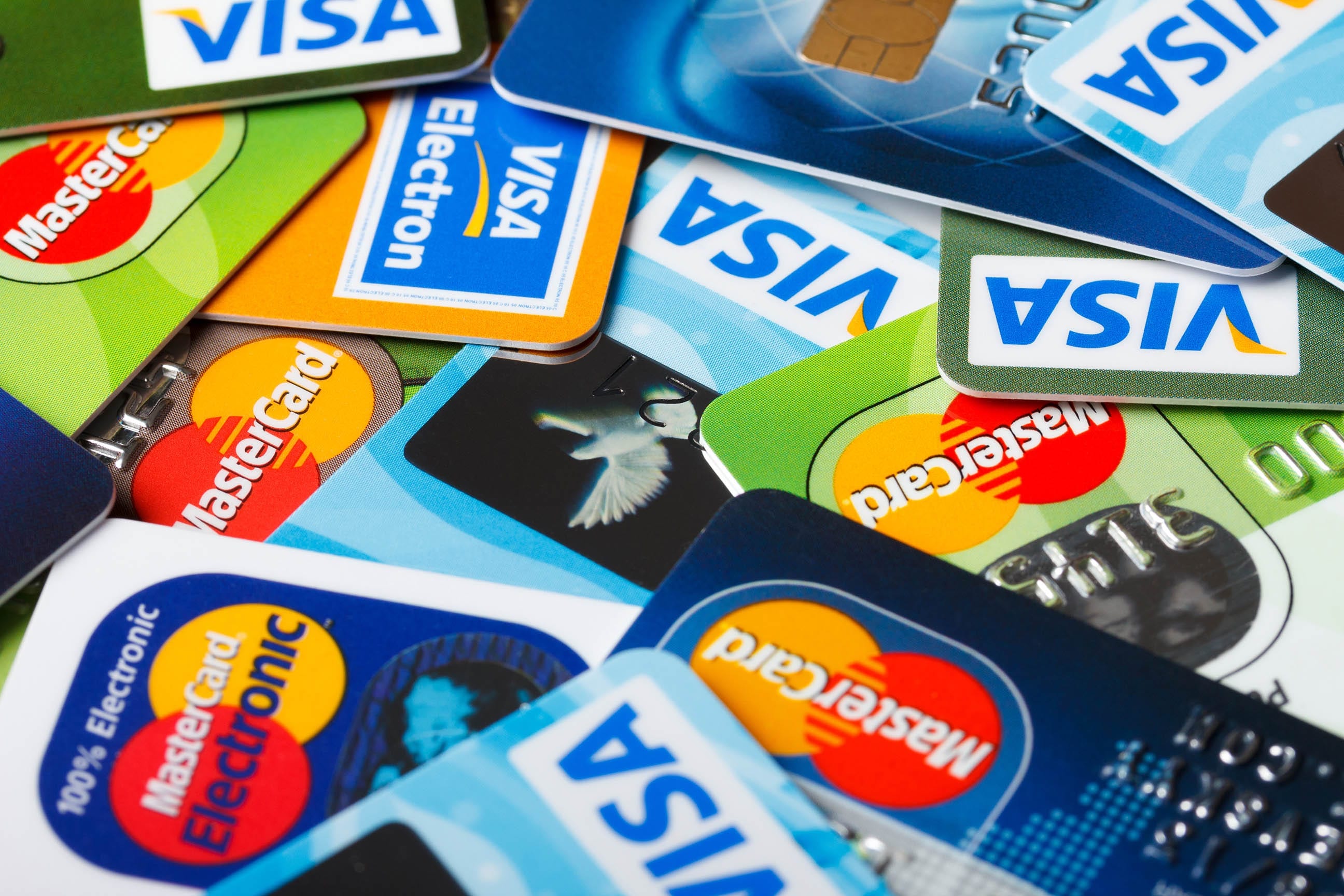A sad but true statement: more and more Americans are becoming financially dependent on credit cards for their day to day living expenses. Given the economy, rising interest rates, and fees, you can imagine where many of these folks will end up at in ten or fifteen years, if not, let me help…they will literally be up to their eyeballs in debt. What started as an account with a three hundred dollar credit limit is now a closed account, being assessed astronomical late and overlimit fees every month, with a balance of at least $600 or more. Keep in mind, that even though these people may have only purchased $200 on their card, they are still required to pay this outrageous balance due to the contract they agreed to when they filled out the original application.
It basically works like this- You have a job making good money, and decide you need a credit card for expenses, say booking a plane ticket, rental car, hotel, etc. You start to get offers in the mail for more cards, and not looking at the terms and fine print, you fill out those applications to, thinking it is no big deal, just another small monthly payment. You use the card up to the available credit limit, and make the minimum monthly payments on time each month. If you use the card for cash advances, keep in mind that you are going to pay a considerably higher interest rate than you would for regular purchases. Not all of a sudden, you have thousands of dollars in credit card debt, and the company you work for announces they are down-sizing, and that your job is one of the ones that will be getting the axe. You run off of your pension for a while, but that runs out and you still have been unable to find new employment. Now, you are having a hard time just making all those minimum payments, and keeping food on the table, and the creditors start calling. The debt continues to pile up, your credit score gets lower and lower, and the calls continue to come in, while the balances go up due to fees and default apr being charged on all of the cards. You find a new job, but it will take you years to dig out of this hole you have now put yourself in… and you look back, and ask yourself, could I have prevented all of this? Well, here are a few tips for the average consumer who relies on unknowingly gets into the credit card quagmire that may help get you out before it gets really bad.
First and foremost, on every application you receive in the mail, always pay special attention to the terms and conditions listed on the card. By law, this has to be enclosed somewhere within the application, but it may not necessarily be easy to spot. You want to really look at the area referring to annual fees, late fees, overlimit fees, finance charges, credit limit, and default interest rates. Unless you absolutely have to have a credit card and cannot do without one, try to never take a card that has an annual fee, and never one with an annual fee of more than $50 a year. You shouldn’t have to pay to have the card, especially if you have a decent credit history.
Almost all credit cards will charge late fees the day after your payment is due, most ranging from $29 to $35. If you pay everything by mail with money orders, it is a good idea to try to send your payment in the day you get your statement each month, that way you allow plenty of time for mail processing, payment posting, and will have a cushion in case the payment never makes it to the company. Always make certain that your full credit card account number is written on the money order, and that it is sent to the correct mailing address with the correct postage. Keep your money order receipt, because in the event that the company does not receive your payment, you can have it traced. If it comes back that the money order has not been cashed, the money order amount will usually be refunded to you within four to six weeks. The bad thing to this is that you will have to send in another payment to cover this one, probably before you get the money back for the lost money order. If this happens to you, it would probably be better for you to send your payment electronically by either Money Gram or Western Union Quick Collect, to ensure you don’t receive additional fees or a negative credit bureau reporting.
When mailing a check, it is still a good idea to give it plenty of time to post. The only difference with a check and money order is that if gets lost in the mail, you will not be out any money. You simply need to reissue a check. It is also easier to verify if a payment has been cashed or not simply by looking at your bank statement or calling your local branch, therefore eliminating the need to run a trace, as with money orders.
Your safest solution is to pay your bill electronically, either by the methods mentioned above, online banking, or check by phone. For those people who don’t have a checking account, Money Gram and Western Union are fast, quick options. Money Gram payments usually take around 2 days to be received, and usually will cost you around $9 to send, but in terms of late fees, $9 is better than $35 going on your credit card balance and possibly making you go over your credit limit, costing you an additional $35 for an overlimit fee. If you wait until the last minute, and have no checking or savings account, Western Union is really your only solution if you want to avoid the late fee. They guarantee the money to arrive the same day, and usually charge around $13, again cheaper than that late fee the credit card company will charge.
For those people who do online banking, this is probably the safest way to make your payment. You simply enter all of your account information, credit card account number, company name, billing address, and phone number, and then whenever you want to make a payment you just enter the date and amount and it is automatically sent out. Depending on the company you are paying and the bank you use, your payment will either be send electronically, posting in about two or three business days, or sent thru the mail by the bank, posting in seven to ten business days. Either way, you have proof of payment with your bank, and are covered in the event a payment doesn’t post to your account.
If you wake up one morning, and realize your payment is due today, you probably should call in a check by phone, as it will process that same day and post to your account, beating the late fee for you. The downside, however, is that most companies charge fees for the convenience of check by phone, ranging from $4.00 all the way to $15.00. But again, $15 being added to your card balance is better than $35.00.
You always want to stay away from your credit limits whenever possible, at least by $100.00 if you can. By doing this, in the event your annual fee catches you by surprise, or you get hit with a late fee, you can be sure you won’t be assessed the additional $35 overlimt fee.
Never send just the minimum payments if you can avoid it, it is a good idea to try to send you minimum required payment, plus and finance charges or any other fees that are charged to your card on a monthly basis. This will keep your interest charges low, and help you avoid additional fees.
Take advantage of balance transfer offers you receive, especially if they come with no fees, and no interest for a certain period of time. Just make sure that the interest rate after the introductory period is lower than what you currently pay, to ensure you are making a wise decision. By playing the balance transfer game, you can save the most money in finance charges, especially if you are able to pay your entire balance while you have the low introductory interest rate.
In closing, if you have to play the credit card game, you need to make sure that you always know what you are getting into, and constantly stay up to date on your balances, payments due, etc. If you start having problems, contact a credit consolidation company or your lender before it gets out of hand, to discuss possible solutions, before you ruin your credit and possibly triple your credit card debt. Credit cards can be a good thing, but you have to be smart, and know how to use them wisely to protect both your credit and your financial future.
